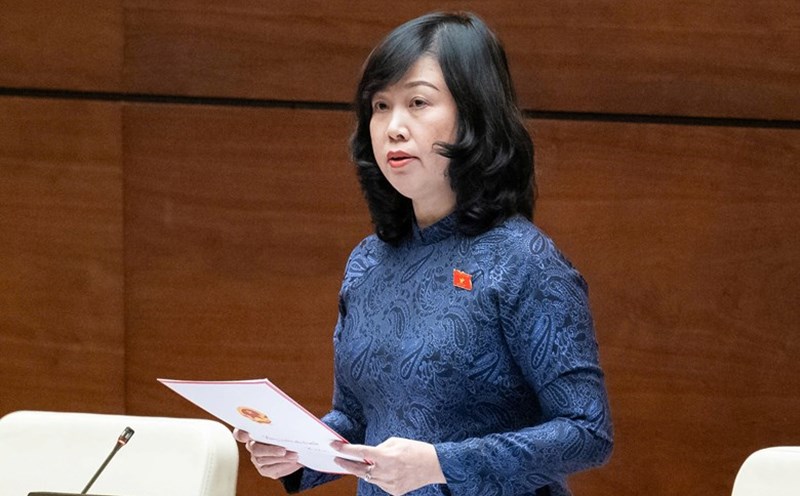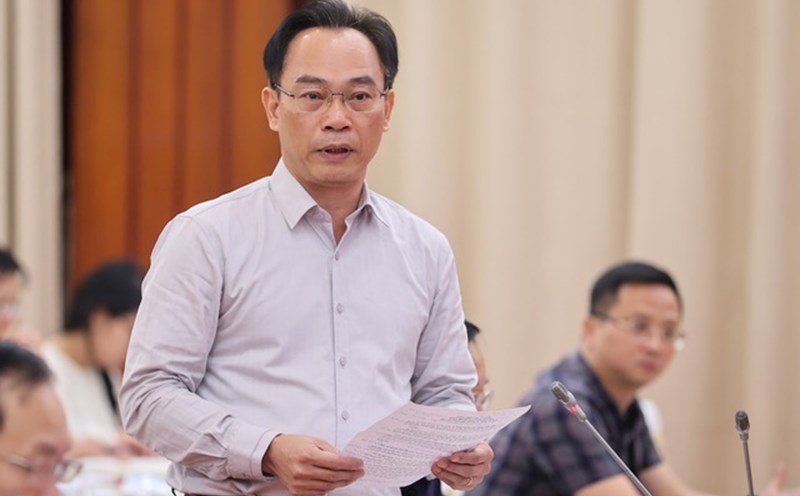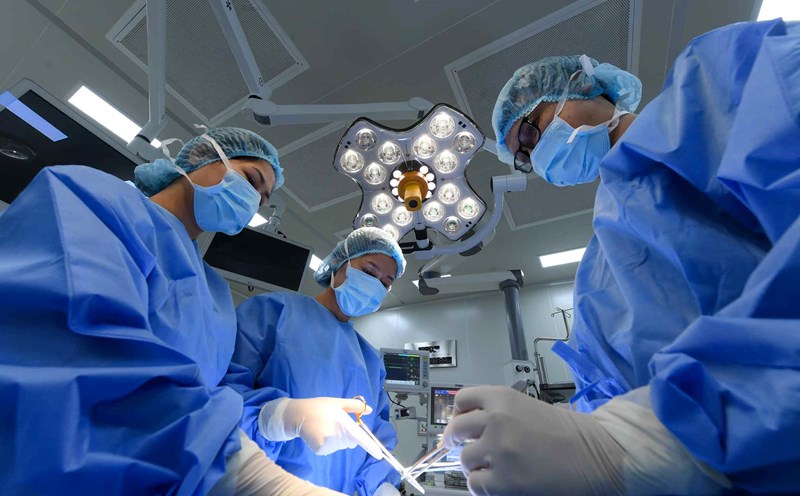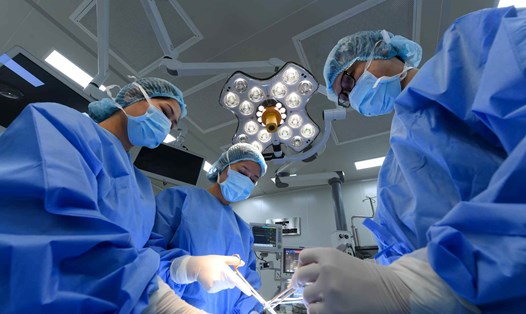The Ministry of Health is developing a preferential allowance regime for each profession, proposing to replace Decree No. 56/2011/ND-CP dated July 4, 2011; developing amendments and supplements to Decision No. 73/2011/QD-TTg on the regulation of a number of special allowance regimes for civil servants, public employees, and workers in public health facilities and the anti-epidemic allowance regime.
According to the latest proposal of the Ministry of Health, the allowance for employees participating in 24-hour shifts at grade I and special hospitals will increase by VND210,000; the main surgeon in a special surgery will receive an allowance of VND790,000, 2.8 times higher than the current amount.
Regarding the 24/24 hour on-call allowance, the Ministry of Health proposed to adjust the amount from 115,000 VND/person/on-call to 325,000 VND for grade I and special hospitals. Grade II hospitals will increase from 90,000 VND to 255,000 VND. The remaining hospitals will increase from 65,000 VND to 185,000 VND.
The commune health station's fee was also adjusted to triple from 25,000 VND to 75,000 VND.
Surgical and procedural allowances: The Ministry of Health proposed that the main surgeon of a special surgery receive an allowance of 280,000 VND, the new proposal triples to 510,000 VND. For type I, type II, and type III surgeries, the increase for the main surgeon is 230,000, 120,000, and 95,000 VND, respectively.
Minister of Health Dao Hong Lan said that the Ministry of Health is implementing many synchronous and comprehensive solutions to strengthen the grassroots health system, aiming to improve the quality and efficiency of health services at this level, better meeting the health care needs of the people.
In particular, continue to invest resources (finance, human resources) in primary health care. Develop a list of technical services that primary health care can perform, as a basis for assigning tasks and placing orders.
Improve salary and incentive policies to attract and retain grassroots medical staff.
At the same time, strengthen the direction of the line, provide professional and technical support for grassroots health care; expand the scope and improve the quality of medical examination and treatment services at grassroots health care.
The Ministry of Health has been actively implementing many solutions. It focuses on amending Decree 56 on preferential allowances and Decree on on-duty pay and the regime for village health workers. Public health workers account for 95% of the workforce serving the people and play a very important role.
However, without appropriate policies and effective solutions, attracting and retaining medical staff will face many difficulties, leading to a "brain drain" to private medical facilities.
Associate Professor, Dr. Dao Xuan Co - Director of Bach Mai Hospital - said that not fully factoring in cost factors into prices affects the revenue of hospitals. Increasing preferential treatment and benefits for medical staff is very necessary. However, calculating the correct and full price of medical examination and treatment services needs to be done soon.
In self-financed units with regular expenditures, if the price of medical examination and treatment services is not increased, the increase in allowances will not change the total income of employees. The reason is that the hospital's revenue is entirely dependent on hospital fees. When the price of medical examination and treatment services has not changed, and the constituent elements have not been calculated correctly and fully, the total revenue remains unchanged.
The draft is collecting opinions from people and related units, and is expected to be submitted to the Government this November.











